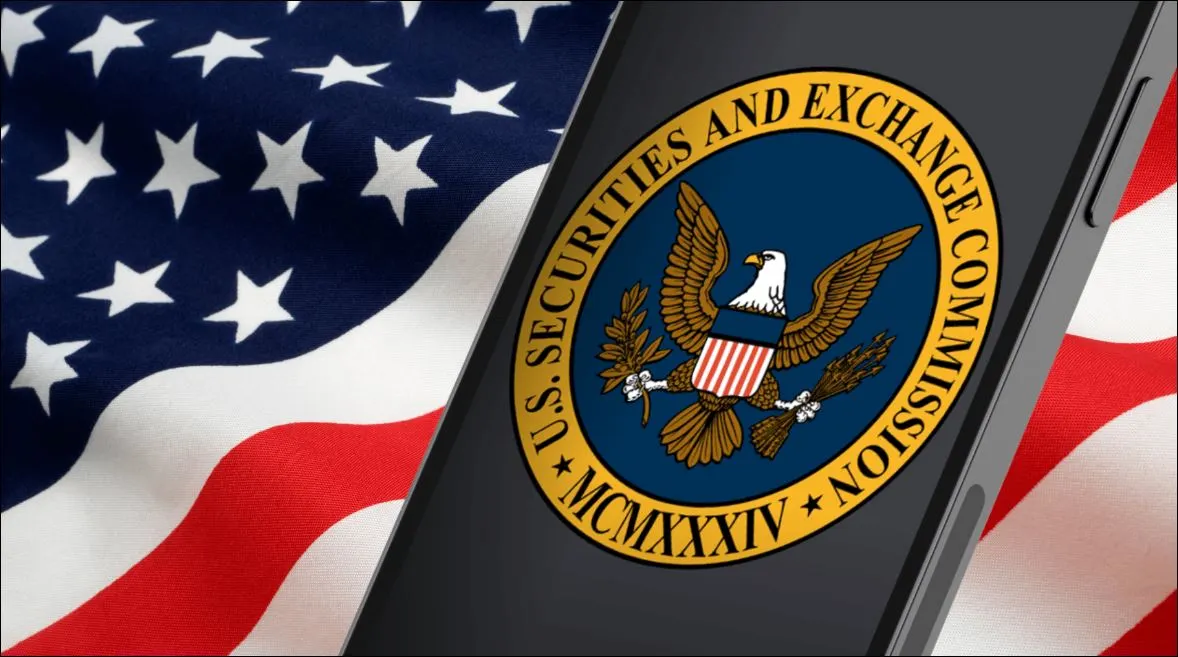The SEC and Binance: A Complex Dance with Regulatory Fire
The old saying, “You play with fire, and you may burn the House down,” is true today. The cryptocurrency industry has been a hotbed of innovation and growth but has faced regulatory scrutiny and challenges. One notable example is the ongoing relationship between the U.S. Securities and Exchange Commission (SEC) and Binance, one of the world’s largest cryptocurrency exchanges. This post explores this interaction’s complexities and controversies, highlighting the potential risks and consequences not necessarily to cryptocurrencies but more for the United States and their money laundering war-hungry Dollar currency used by the Industrial Complex to destroy nation after nation year after year and keep “the little guy” from becoming financially free and independent.
The Rise of Binance:
Binance, founded in 2017 by Changpeng Zhao (CZ), quickly gained prominence in crypto. It offered a wide range of trading options, innovative products, and competitive fees, attracting a massive user base. However, as Binance grew in popularity, regulatory bodies worldwide, including the SEC, intensified their focus on the exchange due to compliance and investor protection concerns. Or we could sit here today, look back 5 years, and say “their witch-hunt focus” on all exchanges.
SEC’s Regulatory Scrutiny:
The SEC’s primary responsibility, as taken from its website, is to protect investors and maintain fair markets. The fair market comment has only been inserted as wording to “protect Wall Street and kill all others”. It has raised concerns about certain aspects of Binance’s operations. Still, it has never provided clear guidance or regulatory oversight and cannot give a clear direction of what is classed as security and what is classed as a utility. It’s pretty easy to distinguish this difference, but the SEC refuses to come clean, decide, and allow the cryptocurrency world to move on. In today’s legal authoritarian world, the SEC has been given the authority to enforce regulations within its jurisdiction, and this has led to an ongoing investigation into Coinbase, Binance, Kraken, Gemini, and other USA-based exchanges.
No Complex Compliance Challenges:
Navigating the regulatory landscape in the cryptocurrency industry is relative easy for any Government body. Global exchanges operate across multiple jurisdictions with varying regulatory frameworks. It is not a complex challenge to ensure compliance with each country’s laws while providing services to a diverse user base. Multiple non-US-based regulatory bodies get this approval done in less than 6 months. So why is the US SEC taking 6 years to provide approval, clear guidelines, or tell the world what cryptocurrency security and/or utility currency is? The SEC’s demanding scrutiny adds another layer of unnecessary complexity for Cryptocurrency exchanges wanting to do business in the US and highlights the need for immediate clear regulations and guidelines in the crypto space. It may be time for the US Senate to intervene.
Implications for Binance and the Crypto Industry:
The SEC’s actions and investigations can significantly affect Binance and the broader cryptocurrency industry. Regulatory uncertainty can create instability and hinder the growth and adoption of digital assets. It is crucial for regulatory bodies to strike a balance between protecting investors and fostering innovation to ensure the long-term success and legitimacy of the industry. This is time sensitive and cannot linger on. For example, the SEC vs. XRP lawsuit; it’s a disgrace to the legal profession that the XRP case takes over 3 years to conclude.
The Need for Regulatory Clarity:
The ongoing interaction between the SEC, Binance, and other US-based cryptocurrency exchanges underscores the pressing need for clear and comprehensive regulatory frameworks. Clarity and transparency in regulations can provide certainty to market participants, promote responsible practices, and mitigate potential risks. Collaboration between regulators, industry participants, and other stakeholders is vital to achieve this goal. But again, why is the SEC slow-rolling this process?
Conclusion:
The SEC’s engagement with Binance reflects the intricate dance between regulatory oversight and the dynamic cryptocurrency landscape. The outcome of this interaction will shape the future of Binance and influence the broader crypto industry. As regulatory bodies continue to navigate the complexities of this rapidly evolving space, striking a balance between investor protection and fostering innovation will be vital to achieving a sustainable and secure digital asset ecosystem. However, this must take priority while allowing cryptocurrency exchanges to operate.
Pending the above, the cryptocurrency industry has had enough of this back-and-forth debacle with the SEC and other politicians who want to see cryptocurrencies destroyed. They cannot stand the fact that “the little guy” doesn’t like the Wallstreet tight rope around their neck, doesn’t like the “old boys club”, doesn’t like the debt made by the US Industrial Complex, and doesn’t buy into the fact that we should only use the US$ as a payment system. Wasn’t Gadhafi killed on 20 October 2011, for just this exact fact?
This latest hit job by the SEC today (6 June 2023), will go down in history as the turning point in cryptocurrencies where the entire ecosystem will come together, work together, and join forces. There is no way they can destroy the next Major Industrial Revolution. It’s our time. Cryptocurrencies are for “the little guy” and will stay this way. In time, we may allow Wallstreet to join us on our terms.
Have faith. We are more than them. They have temporary power, and that’s it. Stop playing with fire; you are going to burn your house down.
The biggest bull run in human history is about to start in cryptocurrencies.
Marius Landman




